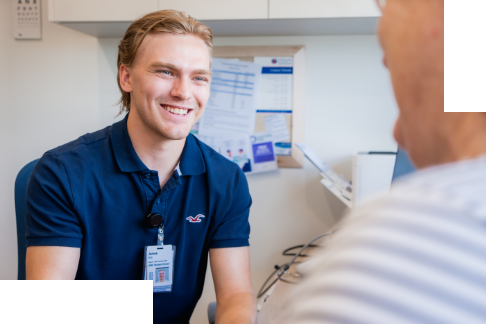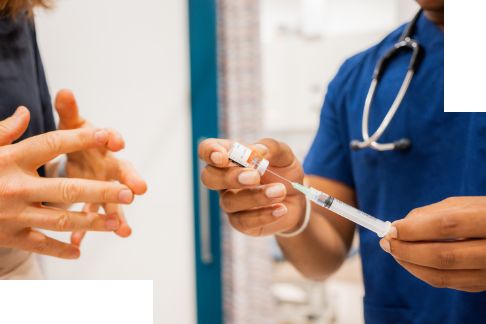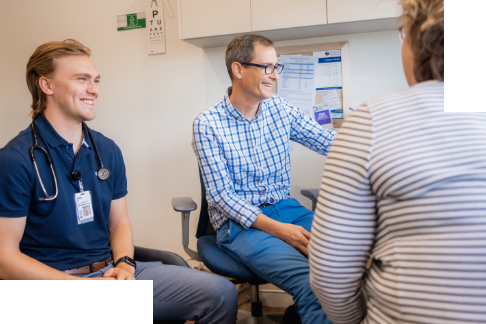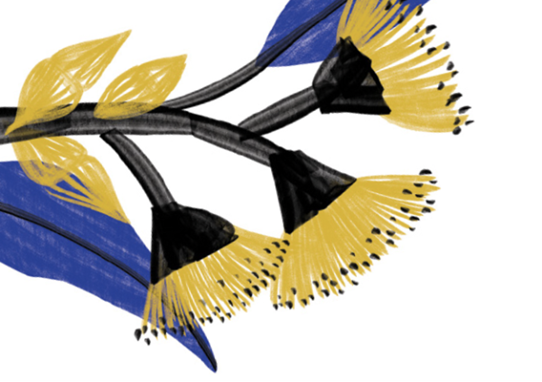Medical School
About the UWA Medical School
The UWA Medical School brings together the brightest students, experienced clinicians and committed researchers to unlock the greatest health challenges of our day. We are an infinite source of teaching and learning for individuals who share our goal of delivering better health outcomes today and into the future.
Our School exists thanks to the generosity of the Western Australian public, rural and community organisations and industry groups who continue to generously support our endeavours. We have a renowned research program carried out in laboratories, hospitals and in the community at a patient level, and we offer a range of scientific and clinical research opportunities across ten divisions.
We offer courses in clinical medicine, with acknowledged leaders in medical education supervising our clinical teaching programs. A strong research culture infuses all medicine courses at UWA.
WA's first and highest ranked medical program (QS WUR by Subject 2025)
Nobel Prize Laureate Professor Barry Marshall, medicine graduate and current staff member
UWA Health Campus is located on the QEII Medical Site, one of the largest medical centres in the Southern Hemisphere
Acknowledgement of Country and Mission Statement
The School acknowledges that it is located on Noongar land and that Noongar people remain the cultural and spiritual custodians of this land. The School honours the rightful place of Aboriginal people as Australia's first peoples and will graduate students who contribute meaningfully to closing the gap in Australian health outcomes.
The UWA Medical School’s mission is to provide education, services and research that creates better health for the benefit of the Western Australian, Australian and international communities.
We acknowledge and thank Dr Richard Walley OAM for this accompanying artistic illustration.
Study with us
Our Doctor of Medicine (MD) produces capable and caring medical graduates committed to the wellbeing of the patient.
-
We are WA's first and highest ranked medical program (QS WUR by Subject 2025) where our top clinical and academic staff teach a modern medical curriculum.
-
We have an established student mentorship program, connecting you to peer and clinical mentors from day one.
-
We have a vibrant and inclusive culture, with dedicated in-school support for students throughout their studies.
-
You can create your own medical journey with Scholarly Research, Electives and Selectives with the opportunity to pursue placements with the Rural Clinical School and overseas.


Our divisions
Our School is comprised of ten divisions, spanning the breadth of medical research. This research is carried out in laboratories, hospitals and in the community at a patient level.
Centres and institutes
UWA's Medical School contains centres, institutes and initiatives that undertake research across various disciplines.
- Centre for Aboriginal Medical and Dental Health (CAMDH)
- Centre for Clinical Research in Emergency Medicine
- WA Centre for Health and Ageing
- The Kids Research Institute Australia
- Harry Perkins Institute of Medical Research
- Lions Eye Institute
- Centre for Genetic Origins of Health and Disease
- The Raine Medical Research Foundation
- Psychometric Laboratory
- Clinical Training and Evaluation Centre
- Centre for Improving Health Services for Aboriginal and Torres Strait Islander Children and Families (ISAC)
- The Australian Centre for Quantitative Imaging (ACQI)
- The Institute for Paediatric Perioperative Excellence


Medical supervisors and community
Find out more about:
- Staff and student achievements
- Resources for clinical supervisors, educators and students
- Mentoring program information and requirements
- UWA Adjunct and Clinical appointments
- Medical Humanities Network
- Simulated Patient Program
UWA Health Campus
UWA health and medical students have been taught on the Queen Elizabeth II Medical Centre (QEIIMC) grounds in Nedlands, Western Australia, since the 1970s.
UWA academics and students are embedded in these organisations, where they engage in world-leading research and clinical teaching. Working alongside industry professionals enables students to gain real-world experience before they graduate.






